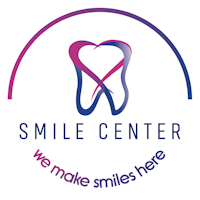Pre/Post instructions
Secure A Successful Surgery
Before Anesthesia
Do not have anything to eat or drink (including water) for the 8 hours leading up to your appointment time. If your surgery is scheduled for the morning, avoid food and water after midnight. If you have an afternoon appointment, you can eat and drink lightly (toast, water, tea, or black coffee) in the morning. Do not drink alcohol for the 24 hours prior to your appointment.
Refrain from smoking at least 48 hours before your appointment. Ideally, it will be most beneficial for your health and healing to minimize or stop smoking as soon as you can prior to your surgery. Tobacco and nicotine can burn oral tissues and restrict blood and oxygen flow. Healing slows and the risk for infection significantly increases.e.
Wear loose, comfortable clothing and short-sleeves and shoes with low heels (or no heels). We’ll need access to your arm during surgery and want you to feel as comfortable as possible. Do not wear jewelry, contacts, or any cosmetics (perfume, makeup, lipstick, nail polish, etc.).
For your safety during surgery, you must fully inform our team of any medications or supplements you take daily, including vitamins and herbal products, blood thinners, insulin, pain or depression medication, or any other substances used medically or recreationally. Certain medications are allowed the day of surgery, but others may need to be paused days and even weeks before. Patients with asthma should bring their inhalers to the appointment.
If you have a chest or head cold, sore throat, fever, stomach flu, or another illness, we may determine that rescheduling your appointment is necessary. Surgery is an invasive experience for your body and it’s critical for the success of your procedure and your recovery that you’re in the best possible health.
You will need a friend or family member to drive you to and from your appointment and to remain in our office (or waiting outside in a vehicle) for the duration of your surgery. You will be unable to drive, operate machinery, or make decisions for yourself for the rest of the day.
Do not participate in any physical activity or exercise, drive a vehicle, or use machinery for the first 24 hours following your surgery.
